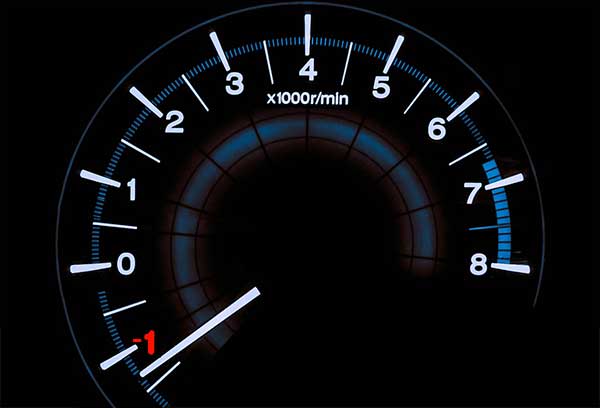Meltdowns
Meltdowns: Why are They Happening?
You’ve probably heard the term “meltdown” before, particularly in relation to autistic children who are screaming on the floor.
Do you know that the vast majority of autistic people experience meltdowns internally, rather than externally?
An external meltdown might include screaming, hitting an object/themselves/someone else, emotional outbursts, slamming doors, etc. On the other hand, an internal meltdown often gets confused with a shutdown because it often includes features like walking around in circles, staring into space, racing thoughts, being unable to speak, etc.
The common thread for both includes fight or flight reactions, such as an increase in cortisol and heart rate, along with a decrease in a person’s heart rate variance (HRV).
Before we go any further, we need to get very clear on what the term “meltdown” actually means, and what it does not.
Defining A Meltdown

For much of my life before I learning I am autistic, I experienced both internal and external meltdowns, without having the vocabulary necessary to explain what I was feeling. It was extremely scary to feel a total loss of control of emotions, words, and actions. I thought I was a monster.
It wasn’t until I started working with a coach and attending regular autistic support groups that I learned why I was having these experiences. I didn’t even know what my needs were, let alone how to take the steps necessary to get them met in a healthy way. I would constantly repeat the cycle of my needs being ignored or violated (both by myself and others), feeling an influx of emotional overwhelm, and then having a meltdown. After that, I would feel guilty and go around apologizing to everyone.
This led to years of low self-esteem and feeling like a burden. The knowledge I have now has allowed me to understand, acknowledge and address my own needs; spot the signs of overwhelm before it gets too big to handle, thereby preventing many of the meltdowns I used to experience; and give myself love when I ignore my needs and experience the inevitable meltdown. The more I learn and give myself grace, the more I am able to embrace my autism as an inextricable and beautiful part of who I am.
Credit:
Much thanks to Matthew at TheActuallyAutisticCoach for his invaluable coaching and workshops where I have gained so much of the knowledge I write about in this post.

